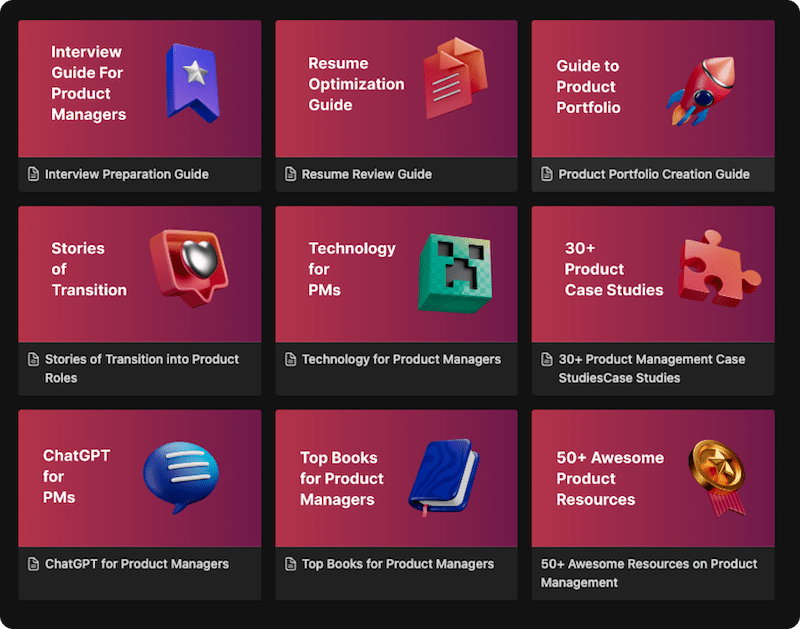Lean Startup
In the fast-paced and competitive world of product development, the Lean Startup methodology has emerged as a game-changer. This revolutionary approach emphasizes experimentation, iterative learning, and rapid product validation. Lean Startup has transformed the way product managers bring ideas to life, allowing them to build successful products that meet the needs of their target market. In this article, we will explore the concept of Lean Startup, its definition, key principles, and its significant impact on product management. By the end of this article, you will understand how Lean Startup can revolutionize your product development process.
The Lean Startup is a methodology developed by Eric Ries that focuses on building products through iterative experimentation and validated learning. It emphasizes the importance of getting a minimum viable product (MVP) into the hands of users quickly to gather feedback and data for continuous improvement.
Key Principles
- Build-Measure-Learn: The core principle of Lean Startup is the Build-Measure-Learn feedback loop. Product managers build an MVP, measure its performance using relevant metrics, and then learn from user feedback and data to make informed iterations.
- Validated Learning: Lean Startup encourages the collection of real-world data to validate assumptions and hypotheses, allowing product managers to pivot or persevere based on evidence rather than assumptions.
- Iterative Approach: The methodology advocates for a continuous cycle of iterations, with each iteration building upon the insights gained from the previous one, leading to steady progress and improvement.
Implementation Process
- Hypothesis Formulation: Product managers form hypotheses about their product’s value proposition and target audience, which serve as a foundation for the experiment.
- MVP Development: They then develop a minimum viable product that includes the core features necessary to test the hypotheses.
- Testing and Data Collection: The MVP is launched to a subset of users, and data is collected to validate or invalidate the hypotheses.
- Learning and Iteration: Product managers analyze the data and user feedback, learning from the results to improve the product through iterative updates.
Real-World Examples
- Dropbox: Dropbox started as a simple MVP, testing the hypothesis that users would be interested in cloud storage with easy file sharing. The positive feedback received during the Lean Startup phase paved the way for the successful product it is today.
- Airbnb: Airbnb initially tested its concept by creating a simple website and renting out air mattresses in their living room. Through the Lean Startup process, they validated the demand for a peer-to-peer accommodation platform, leading to the global success of Airbnb.
Takeaway
Lean Startup has revolutionized product management by emphasizing experimentation, validated learning, and iterative progress. By adopting this methodology, product managers can reduce risk, build products that users love, and drive innovation in their respective industries.


